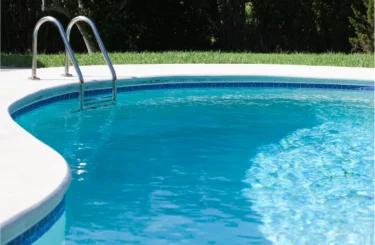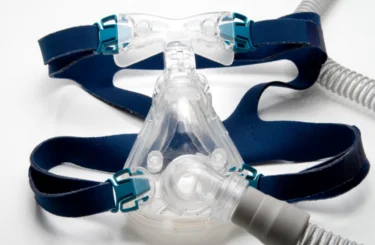Who Does the Law Hold Responsible for Swimming Pool Injuries?
Warm weather and summer mean it’s swimming pool season in Michigan and elsewhere. Whether you’re swimming in a public or private pool, or you are hosting guests in your own pool, it is important to understand your rights and responsibilities under the law.
According to statistics from the Consumer Product Safety Commission, an average of more than 5,700 children in the U.S. are treated in hospital emergency rooms each year for pool and spa-related injuries and fatalities from drowning, slip and fall accidents on wet surfaces, and personal injury accidents relating to unsafe pool drains and filters.
As a pool owner, you need to follow Michigan’s safety laws and protect yourself from liability in case another person is injured on your property in a swimming pool accident. If you are a guest at either a public or private pool, these laws can help you understand how to handle situations where you or a loved one is injured due to unsafe conditions or negligence, which can lead to costly treatments, rehabilitation, medical care, and ongoing pain and suffering. In those cases, the negligent party can be held financially responsible.
The Basics of Liability for Privately Owned Swimming Pools
There are several ways a private pool owner needs to keep his or her pool safe, whether guests are invited to swim or not. For example, the pool needs to be safe and well maintained, the chemicals need to be mixed appropriately, and the owner needs to make a reasonable effort to control who has access to the pool.
Generally, homeowners are not liable for injuries sustained by trespassers, but the law usually requires that pools be fenced in and locked, especially if trespassing is likely. However, swimming pools can be considered an attractive nuisance, which will require certain precautions as part of general safety.
What is an attractive nuisance?
Attractive nuisance is a legal term that refers to the legal obligation to protect people on your property. It means that certain things, like a swimming pool or a playset that are attractive to children might cause them to enter your property even without your permission.
Because items that are considered attractive nuisances can be dangerous to kids, if you have one on your property, you are legally required to take action to prevent children from harming themselves on your property, even if they don’t have your permission to be there. This might be as simple as putting up a non-climbable fence with a locked gate, locking the gate, keeping a safety cover on your pool, or having easy access to an emergency phone near a swimming pool.
Liability
Private pool owners may be held responsible for injuries that occur as a result of negligent acts, like leaving a gate unlocked, failing to prevent access to an attractive nuisance, or allowing children to swim unattended. Those who suffer injuries due to negligent action or inaction may be able to recover damages in the form of financial compensation from the negligent party.
The Basics of Liability and Public Swimming Pools
State and federal regulations dictate safety rules for public pools and certain safety equipment. These rules provide requirements for things like water temperature, supervision, chemical consistency, and capacity limits for the safety of anyone in or around the pool.
Public pool owners often hire employees, and another source of liability lies in the training of those workers. Anyone who is responsible for the care of the pool needs to be aware of their responsibilities and held accountable so that chemicals are mixed properly and other safety rules are enforced.
Failing to follow public pool regulations can be costly to a pool owner, and an injury that occurs as a result of negligence may also leave the pool owner financially liable. As a public pool owner or operator, it is important to insure that you and all of your employees follow the applicable rules and regulations.
Consult a Swimming Pool Liability Attorney
While liability for injuries is something all pool owners need to worry about, both pool owners and pool users should take as many precautions as possible to prevent injuries from happening in the first place.
Premises liability and personal injury cases can be complex to handle, and require the expertise of attorneys with years of experience in these types of matters. If you have been injured in a swimming pool because of the pool owner’s negligence, you may be eligible for financial compensation. Please contact the attorneys in Sommers Schwartz’s Personal Injury Litigation Group today to discuss your situation – the law gives you only a limited amount of time to pursue your rights.
Matthew Turner
Matthew Turner is a shareholder with Sommers Schwartz, and focuses his practice on medical malpractice, legal malpractice, ERISA, and class action matters.





